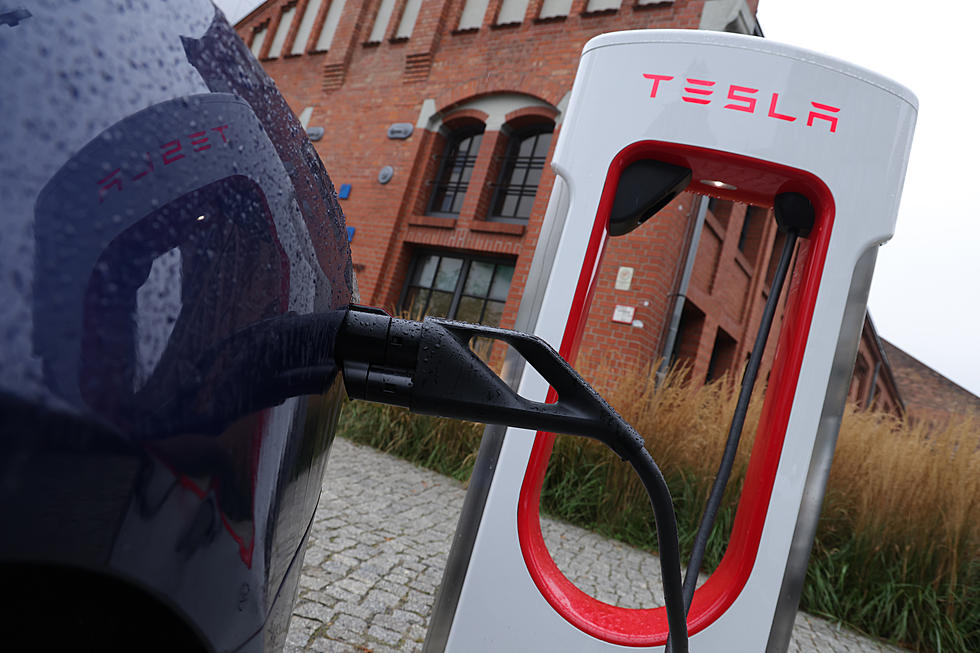
GM: Government Motors, Not the First Bailout to Fail
It’s said that those who refused to learn from history are condemned to repeat it. It looks like the president refused to learn from history that the nationalization of companies rarely work to the good of the public taxpayer. In the case of General Motors, makers of Chevrolet, Cadillac, and Oldsmobile, taxpayers are looking at a larger than promised cost for saving GM.
How Fair Are Bailouts
When the federal government bailed out GM and Chrysler, the president shouted from the rooftops about how many jobs had been saved, and how a great automobile company with a long history would live to fight another day.
Of course there was little mention of the bath the bondholders took, and the closing of many dealerships across the country, but who cares as long as those union factory jobs were saved. It’s too bad the president couldn’t have been around to save the Nash Rambler, Desoto, Duisenberg or Studebaker. They were all great cars but are now as extinct as the Do-Do Bird.
How fair was the GM bailout to Ford?
Think about that for minute. Suppose you are an owner of McDonald’s and the government comes along and pumps money into Burger King and Wendy’s. How would that make you feel? Would you feel you were competing on a level playing field?
Ford renegotiated its union contracts with the UAW (United Auto Workers) but the president made no effort to ask unions for any concessions to help save the embattled corporation. In fact it was the very overinflated union contracts that put GM behind the eight ball in the first place.
But the president did just the opposite, giving in to inflated salaries and union benefits, while putting the American taxpayer on the hook for 60% of the bailout cost. GM stock would need to get to over $50 per share to bailout you and me for the other half of the $50 billion we provided. Unfortunately, it’s been hovering between $20 and $30 per share.
Repeating The Past
Younger readers might not recognize the American brands I mentioned above. But there is a long list of automobiles that governments tried to save with nationalization and failed. One of the biggest took place in the UK.
In 1964, Harold Wilson, British Prime Minister, decided that nationalization was the way to go for ALL industries and he decided to begin with the auto industry. In 1968, he and his minions decided to merge all car companies into one mega corporation. They called it BLMC. It was comprised of, poor performing Morris, Jaguar and Austin, and somewhat healthy, Leyland, Triumph and Rover.
It was a disaster. The main reason was heavy unionization. Unions would strike for something as minor as a few minutes less of a tea break. Profitability was nearly impossible. British Leyland, as it was eventually called, bled British taxpayers for nearly 15 years before, one by one, the remaining brands were reprivatized.
Government Management
So what kind of manager did the president turn out to be? Well, the first “great idea” was the demand the manufacture of green energy cars. The Chevy Volt as the first attempt. And we all know how well that worked out. In March of this year production on the Volt was halted due to poor sales and bloated inventories. GM profits were down over 40% in the last reported quarter. At least government is consistent — incompetent.
Some Final Thoughts
Government will step in to put safety caps on medicine, save the rain forest, the Great Barrier Reef, no drilling because of the Caribou. We build tunnels for turtles crossing the highways. Yet, we have no problem interfering with the natural order of economic forces. Circuit City, Montgomery Ward, Border’s Books, Linen’s and Things, are all out of business. Should we have bailed them all out? Why not? Think how many jobs were lost. Where’s your compassion?
So how come Circuit City if gone but Best Buy is still here? Why is Border’s Books gone yet Barnes & Noble still has books on the shelf? I can’t get a shower curtain at Linen’s and Things any longer, so I have to go to Bed, Bath and Beyond. Could it be the law of the jungle? Only the strong survive? Who will be the next poorly run company that you and I will have to bring to solvency? Not sure about you, but I’m beginning to run out of money.
More From KMMS-KPRK 1450 AM









